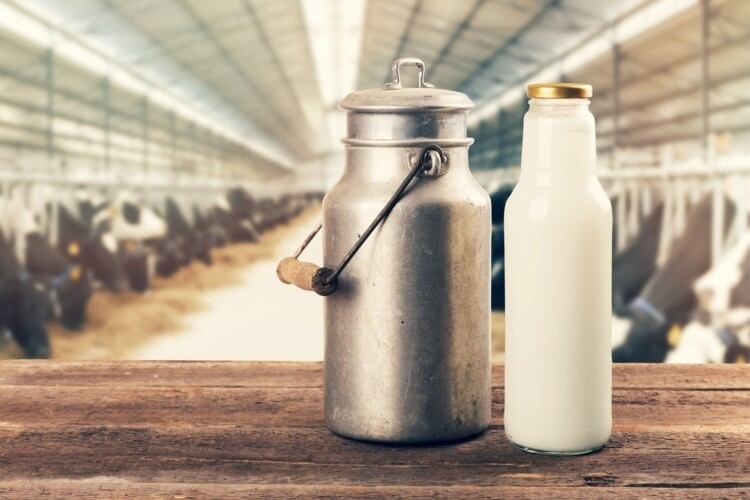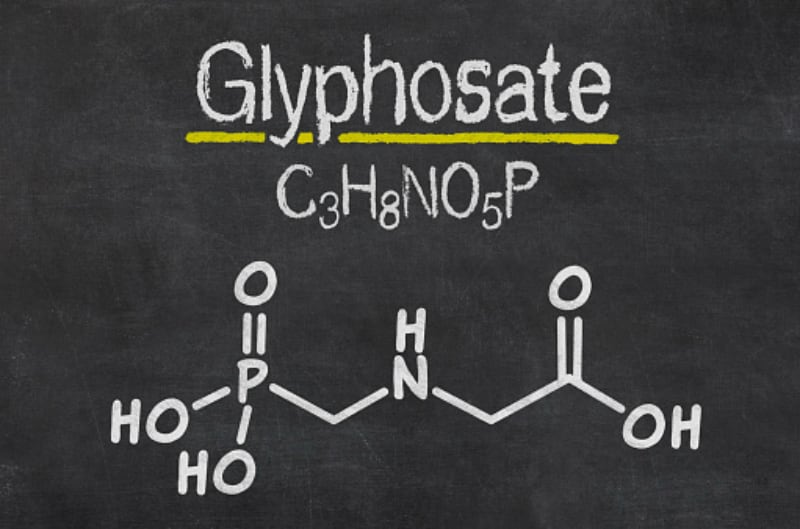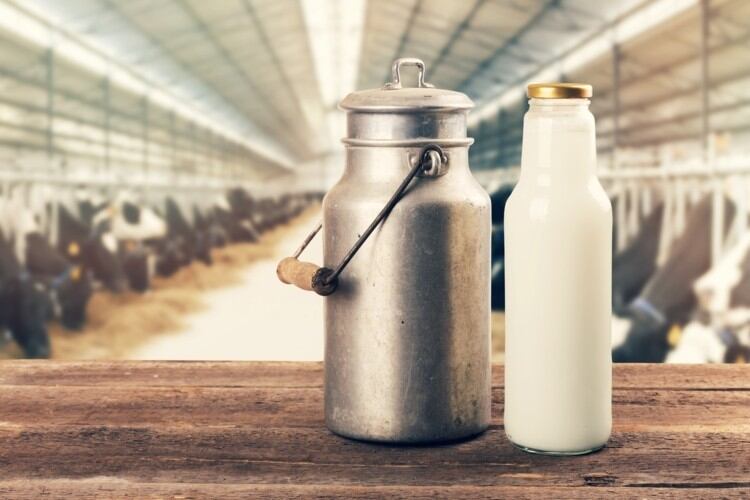“[In] a large number (6432) of samples, very few samples were found to be adulterated. […] Slightly less than 10% samples had contaminants coming mainly from poor farm practices. Over 90% of the samples were found safe in the survey,” said FSSAI via its official press release on the matter.
The agency has also described this survey to be ‘by far the largest systematic survey’ in terms of sample size and parameters tested, although it only covered liquid milk and not milk products.
“The survey also did not cover microbiological examination of the samples,” it added.
FSSAI also claimed that of all the samples tested, only 12 were adulterated, and less than 10% contained pesticide, antibiotic, aflatoxin or ammonium sulphate residues.
“In all these cases, milk is getting contaminated due to poor quality of feed, irresponsible use of antibiotics and poor farm practices,” it said.
“Further, quantitative analysis suggests that this problem is not serious. It is restricted to few pockets and in some states.”
“There is no concern at all due to pesticides residues.”
FSSAI CEO Pawan Agarwal declined to reveal the origin of the remaining contaminated samples due to worries of these being ‘false positives’.
Clearing up ‘misinterpretations’
Agarwal said that this report aimed to clear up the ‘misinterpretation of information’ released after another FSSAI survey on milk conducted back in 2011.
Speaking to local media outlets, he said the there were ‘infirmities’ in the previous survey covering sample size, data collection and analysis methods, and this latest survey was to “get the real picture about the quality of milk in India.”
The 2011 survey had found that 68.4% of samples did not conform to FSSAI standards.
Earlier this year, an Animal Welfare Board of India representative had expressed concerns over the findings that some 68% of all milk and milk products in India were adulterated.
This was followed in November by an FSSAI report that some 25% samples of edible products (including milk) that were tested through the year had been found to be adulterated or in violation of FSSAI standards.
Despite these, Agarwal said to New Indian Express that: “There is a fake report going around that says that a large number of Indians are at great risk of serious diseases due to consumption of heavily contaminated milk. However, there is no such evidence for such an inference.”
Quality concerns
A recent report released by the Consumer Guidance Society of India (CGSI) has said that over 78% of the milk in India does not meet quality standards.
The samples comprised both branded and unbranded milk. According to the report, only 20.7% of branded and 22.5% of unbranded milk samples respectively were standards-compliant.
“Milk needs to comply with set standards. In comparison to last year’s test results, poor quality milk sale has actually increased,” said CGSI Chairman Dr Sitaram Dixit to Mumbai Mirror.
Quality concerns, specifically the levels of fat and solid non-fat in milk were also assessed by FSSAI in this 2018 study, and here 39% of samples did not meet the required parameters.
Agarwal said: “[There] should be zero-tolerance to adulteration in milk, [but] concerns of quality due to contaminants need to be addressed over a period of time by taking large scale awareness drive and public education at the primary production level.”





